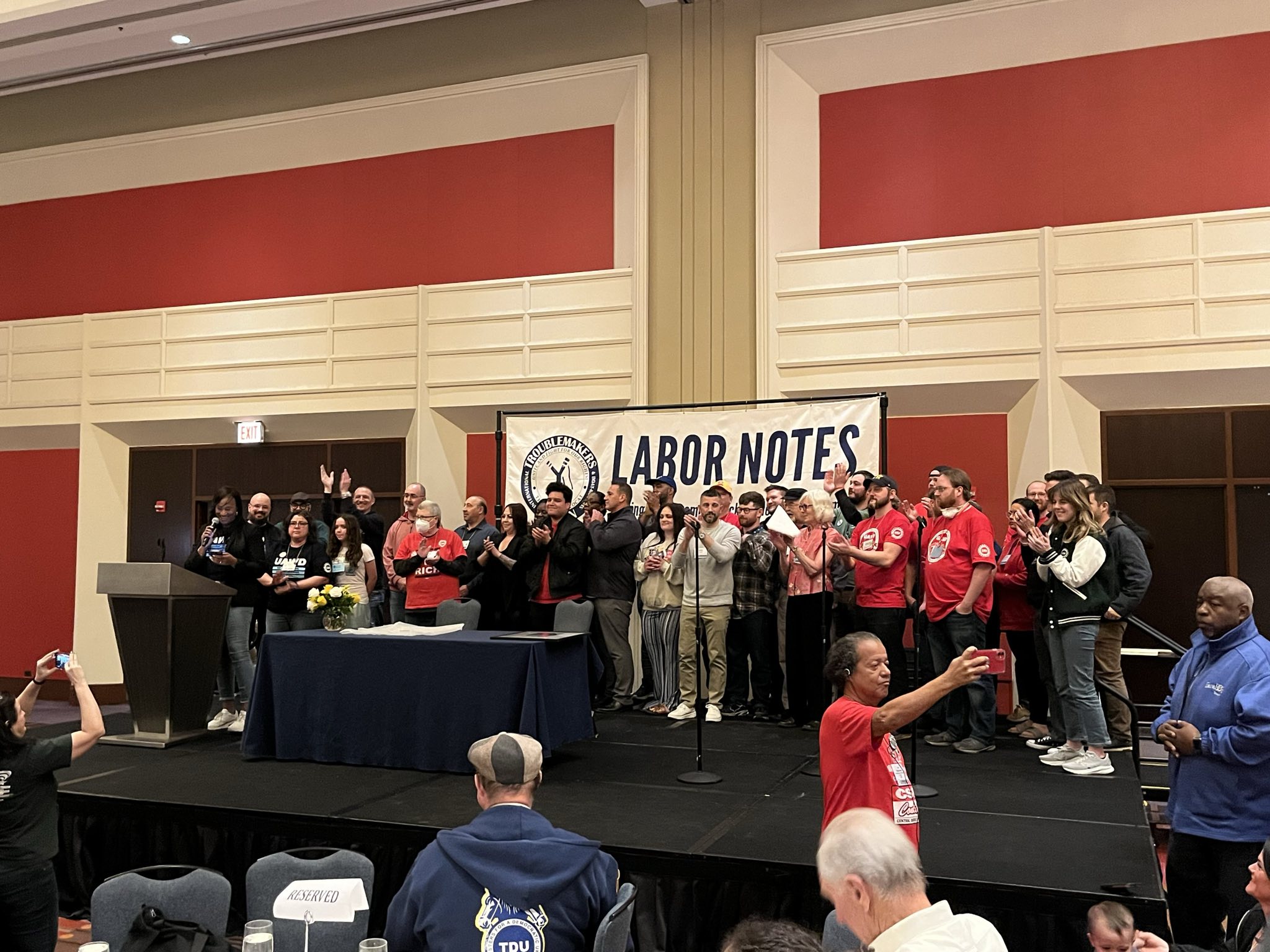The German political party DIE LINKE (Left Party) was established in 2007 as a merger of two previously independent parties: the Party of Democratic Socialism (PDS), founded in 1990 and predominantly anchored in East Germany, and the Electoral Alternative for Labor and Social Justice, founded in 2004 in the western part of the Republic. Since it was founded, the party has raced from success to success in state as well as national elections, the high point being its reelection to the Bundestag in 2009 with 11.9% of the votes for 76 seats. That success definitively established the party and fundamentally changed the German political landscape.
Ultimately, however, the party has had to accept losses in the state assembly elections. Its position is paradoxical: In a situation where the financial and economic crisis, austerity policies within the European Union, ongoing attacks on social achievements, and the participation of the German military in the war in Afghanistan should benefit a progressive approach based on generally accepted ideas, DIE LINKE has to fight to maintain popularity.
Cornelia Hildebrandt, deputy director of the Rosa Luxemburg Foundation’s Institute for Social Analysis, studied DIE LINKE’s situation—its creation and position within the party system, its voters, and its members—prior to its last party conference in June 2012, when a new party leadership, led by co-chairs Katja Kipping and Bernd Riexinger, was elected. She particularly focused on internal party discussions about controversial issues: analysis of capitalism and distribution of property, interests and key internal party questions, and the ongoing debate around participation in the government on a state level.



